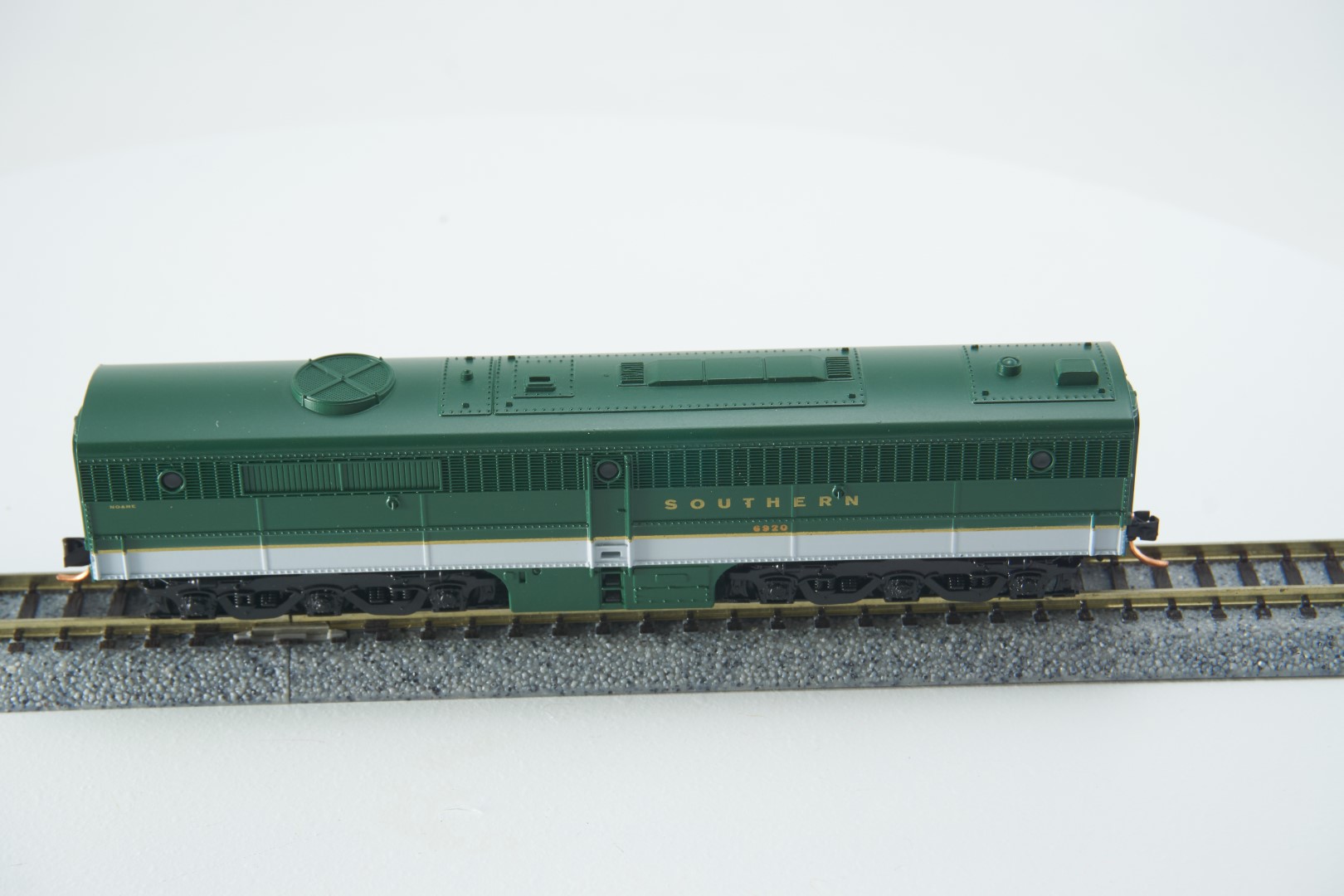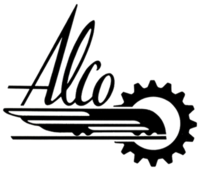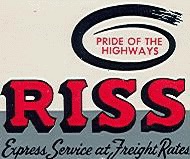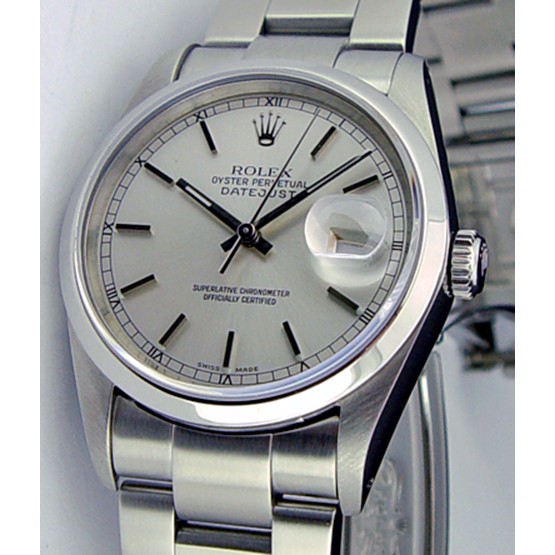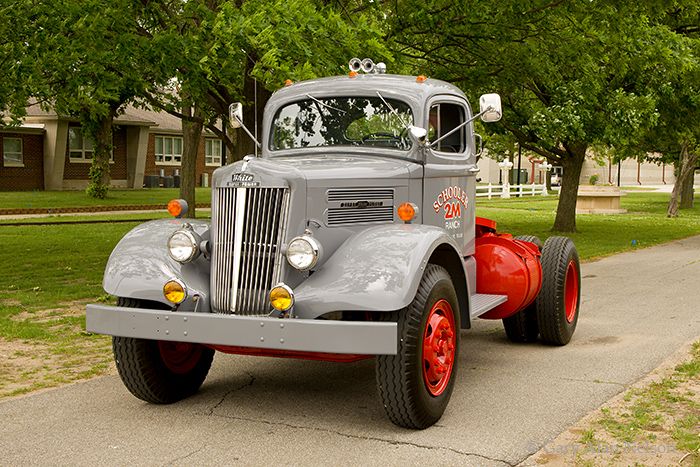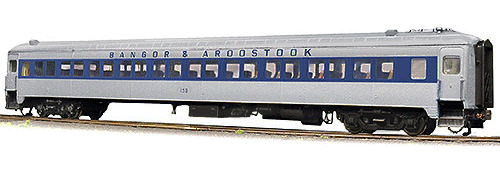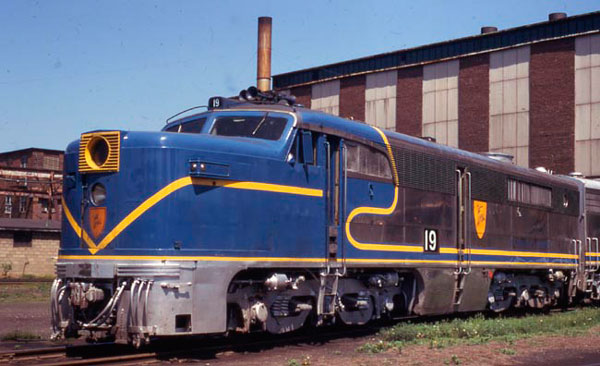Specific Item Information: This is an unpowered dummy unit
Model Information: Con-Cor introduced these Kato-made locomotives in the late 1960s. Kato revised the mechanism in 1972 and in 1994 Con-Cor had a new mechanism made for Chinese production. In 2003, the engine was re-tooled again to be DCC-Ready.
2003 release: features of the powered PA-1 Unit.
2003 release: features of the powered PA-1 Unit.
- DUAL flywheel drive
- Comes with factory mounted Genuine Micro-Trains couplers
- Runs on “DC” right out the box.
- Factory installed DCC friendly PC 8 pin NMRA board.
- High Torque / Quiet 5 Pole skewed armature motor
- Reversing headlight
- Heavy die-cast chassis for superior pulling power
- Highly detailed body casting
- Detailed paint and printing
- Multi cab numbers available for Powered and non-Powered units
- Old bodies interchangeable with new units, so it will be easy to upgrade your older Con-Cor N PA-1 units to this new drive if you choose
DCC Information: All versions prior to 2003 are not DCC capable, but 2003 and later are DCC-Ready.
Prototype History: ALCO PA (DL-304/DL-305) refers to a family of A1A-A1A diesel locomotives built to haul high-speed passenger trains that were built in Schenectady, New York, in the United States by a partnership of the American Locomotive Company (ALCO) and General Electric (GE) between June, 1946 and December, 1953. They were of a cab unit design, and both cab-equipped lead A unit PA and cabless booster B unit PB models were built. ALCO's beautiful PA-1 is one of America's most famous locomotives. It was ALCO's entry into the passenger train diesel craze, competing directly with the E-Units from EMD. The first PA1 celebrated Alco's 75,000th loco to roll out of the erecting shop.
The PAs, as well as their cousins, the ALCO FAs, were born as a result of Alco's development of a new diesel engine design, the Model 244. In early 1944, development started on the new design. In 1946, this new locomotive made its debut on the Texas and New Orleans Railroad. Southern Pacific PA's #6055 and 6056 were later put into service on the SP's coastal division, pulling trains such as the Morning Daylight.
Having more horsepower than their leading competitor, Alco felt that they had a fleet-ready competitive product. PA1's were sleek, stylish, powerful, and were very well suited for America's passenger and fast freight trains. Additionally, their 65' 8" bodies became excellent billboard advertising for the railroads that they served with pride.
The PA-1/PB-1 were rated 2,000 hp (1,490 kW) and the PA-2/PB-2 2,250 hp (1,680 kW). A total of 297 PA/PB have been built between 1946 and 1953.
ALCO locomotives were also used in service with the famous "California Zephyr" passenger train, adopting a number of paint schemes, the most famous of which was perhaps the "Prospector" paint scheme. This paint scheme was a striking two-tone silver and gold arrangement, highlighted by a series of four black stripes going down the side of the body.
Read more on Wikipedia
and on American-Rails.com
The PAs, as well as their cousins, the ALCO FAs, were born as a result of Alco's development of a new diesel engine design, the Model 244. In early 1944, development started on the new design. In 1946, this new locomotive made its debut on the Texas and New Orleans Railroad. Southern Pacific PA's #6055 and 6056 were later put into service on the SP's coastal division, pulling trains such as the Morning Daylight.
Having more horsepower than their leading competitor, Alco felt that they had a fleet-ready competitive product. PA1's were sleek, stylish, powerful, and were very well suited for America's passenger and fast freight trains. Additionally, their 65' 8" bodies became excellent billboard advertising for the railroads that they served with pride.
The PA-1/PB-1 were rated 2,000 hp (1,490 kW) and the PA-2/PB-2 2,250 hp (1,680 kW). A total of 297 PA/PB have been built between 1946 and 1953.
ALCO locomotives were also used in service with the famous "California Zephyr" passenger train, adopting a number of paint schemes, the most famous of which was perhaps the "Prospector" paint scheme. This paint scheme was a striking two-tone silver and gold arrangement, highlighted by a series of four black stripes going down the side of the body.
Read more on Wikipedia
and on American-Rails.com
Road Name History: 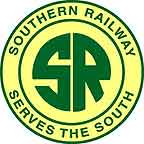 The Southern Railway (reporting mark SOU) (also known as Southern Railway Company) was a US class 1 railroad that was based in the Southern United States. It was the product of nearly 150 predecessor lines that were combined, reorganized and recombined beginning in the 1830s, formally becoming the Southern Railway in 1894.
The Southern Railway (reporting mark SOU) (also known as Southern Railway Company) was a US class 1 railroad that was based in the Southern United States. It was the product of nearly 150 predecessor lines that were combined, reorganized and recombined beginning in the 1830s, formally becoming the Southern Railway in 1894.
At the end of 1970 Southern operated 6,026 miles (9,698 km) of railroad, not including its Class I subsidiaries AGS (528 miles or 850 km) CofG (1729 miles) S&A (167 miles) CNOTP (415 miles) GS&F (454 miles) and twelve Class II subsidiaries. That year Southern itself reported 26111 million net ton-miles of revenue freight and 110 million passenger-miles; AGS reported 3854 and 11, CofG 3595 and 17, S&A 140 and 0, CNO&TP 4906 and 0.3, and GS&F 1431 and 0.3
The railroad joined forces with the Norfolk and Western Railway (N&W) in 1982 to form the Norfolk Southern Corporation. The Norfolk Southern Corporation was created in response to the creation of the CSX Corporation (its rail system was later transformed to CSX Transportation in 1986). The Southern Railway was renamed Norfolk Southern Railway in 1990 and continued under that name ever since. Seven years later in 1997 the railroad absorbed the Norfolk and Western Railway, ending the Norfolk and Western's existence as an independent railroad.

At the end of 1970 Southern operated 6,026 miles (9,698 km) of railroad, not including its Class I subsidiaries AGS (528 miles or 850 km) CofG (1729 miles) S&A (167 miles) CNOTP (415 miles) GS&F (454 miles) and twelve Class II subsidiaries. That year Southern itself reported 26111 million net ton-miles of revenue freight and 110 million passenger-miles; AGS reported 3854 and 11, CofG 3595 and 17, S&A 140 and 0, CNO&TP 4906 and 0.3, and GS&F 1431 and 0.3
The railroad joined forces with the Norfolk and Western Railway (N&W) in 1982 to form the Norfolk Southern Corporation. The Norfolk Southern Corporation was created in response to the creation of the CSX Corporation (its rail system was later transformed to CSX Transportation in 1986). The Southern Railway was renamed Norfolk Southern Railway in 1990 and continued under that name ever since. Seven years later in 1997 the railroad absorbed the Norfolk and Western Railway, ending the Norfolk and Western's existence as an independent railroad.
Brand/Importer Information: Con-Cor has been in business since 1962. Many things have changed over time as originally they were a complete manufacturing operation in the USA and at one time had upwards of 45 employees. They not only designed the models,but they also built their own molds, did injection molding, painting, printing and packaging on their models.
Currently, most of their manufacturing has been moved overseas and now they import 90% of their products as totally finished goods, or in finished components. They only do some incidental manufacturing today within the USA.
Important Note: The Con-Cor product numbering can be very confusing. Please see here in the article how to properly enter Con-Cor stock numbers in the TroveStar database.
Currently, most of their manufacturing has been moved overseas and now they import 90% of their products as totally finished goods, or in finished components. They only do some incidental manufacturing today within the USA.
Important Note: The Con-Cor product numbering can be very confusing. Please see here in the article how to properly enter Con-Cor stock numbers in the TroveStar database.
Item created by: CNW400 on 2020-06-27 19:58:10
If you see errors or missing data in this entry, please feel free to log in and edit it. Anyone with a Gmail account can log in instantly.
If you see errors or missing data in this entry, please feel free to log in and edit it. Anyone with a Gmail account can log in instantly.


